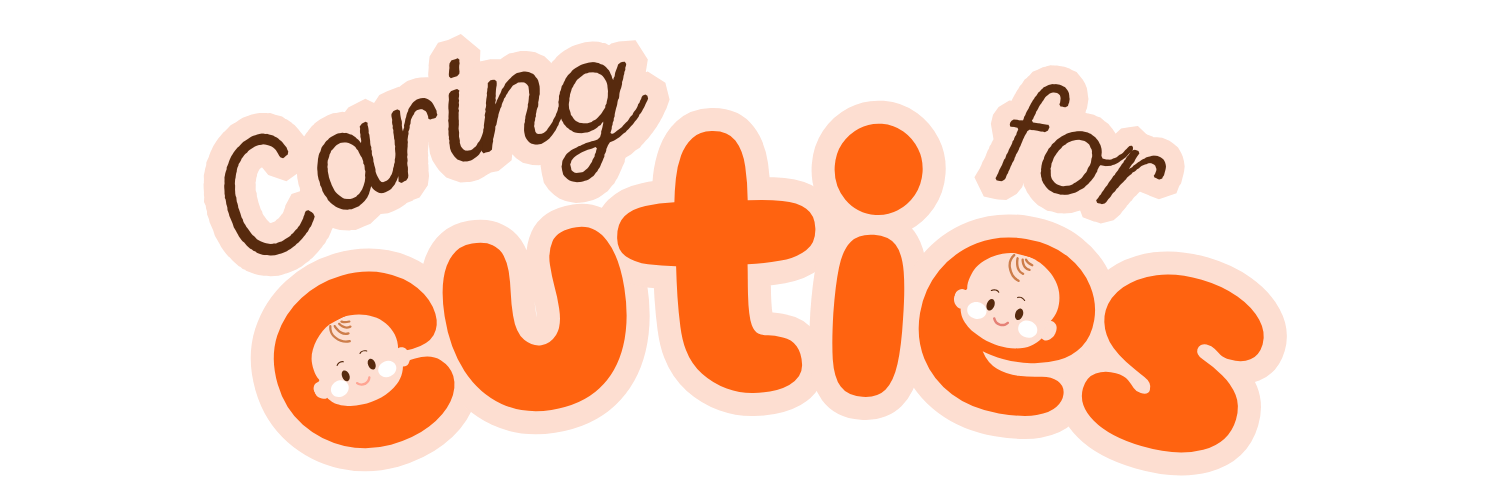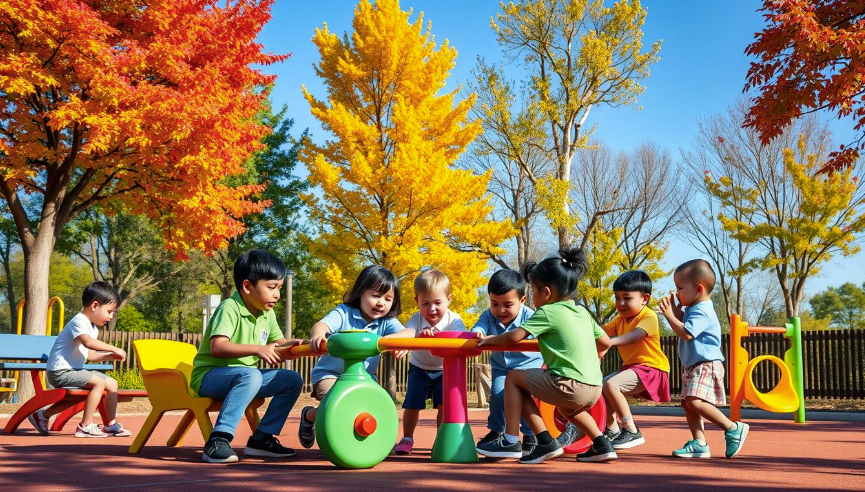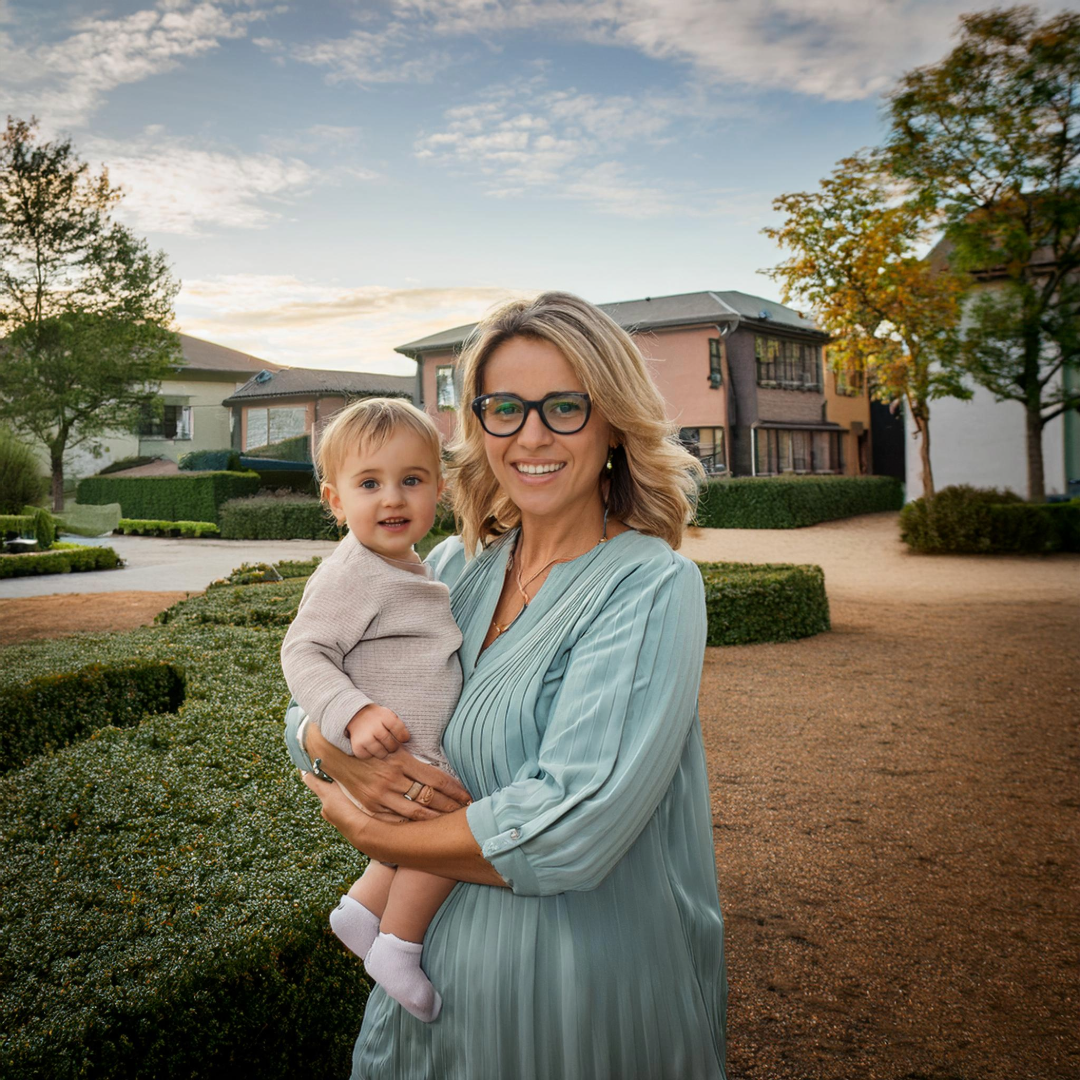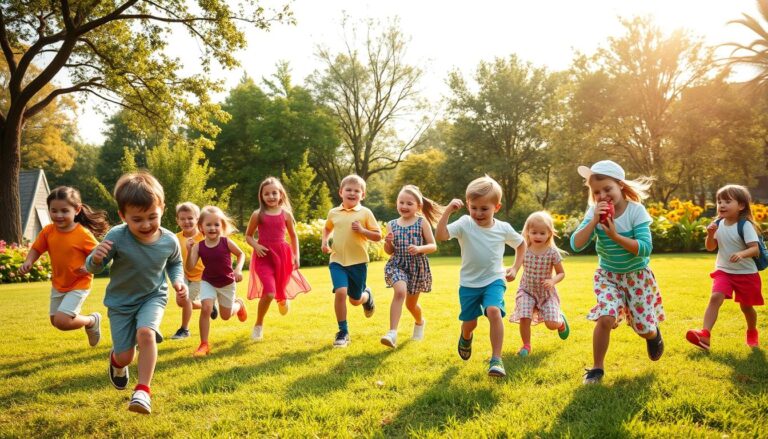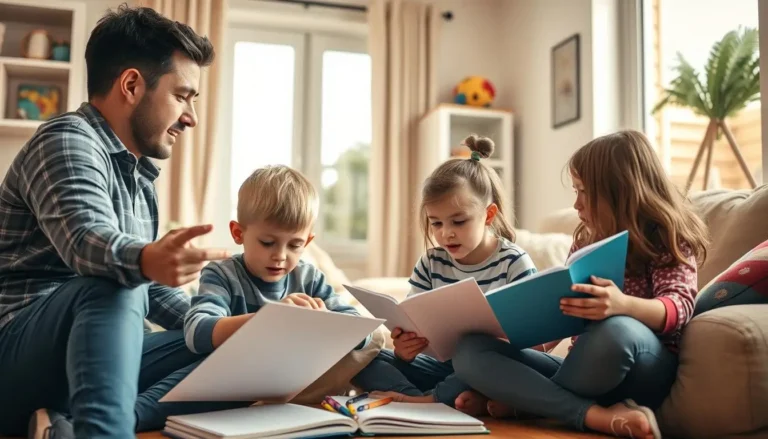Children in school need to learn social skills to grow and succeed. They must learn to talk well, make friends, and handle social situations. These skills help them do well in school, feel good emotionally, and have a bright future.
But what are the main parts of social skills? How can parents and teachers help kids develop these important abilities? This article will look closely at social skills and their role in a child’s life.

Key Takeaways
- Social-emotional development is a key part of a child’s growth and success.
- Skills like talking well, making friends, and controlling oneself are vital for a child’s well-being.
- Helping kids with social skills can boost their school work and future chances.
- It’s important for parents and teachers to work together to help kids develop socially.
- Knowing the important milestones and ways to help kids with social skills can help them reach their full growth and ability.
So, why are social skills so important for kids, and how can we make sure they get to develop them? Let’s explore this topic together to find out how to help your child succeed in social-emotional areas.
Understanding the Importance of Social-Emotional Development in School Years
As kids go to school, their social-emotional growth is key. It shapes their well-being and future success. Skills like emotional control, empathy, and good communication help in school and life.
Key Milestones in Social-Emotional Growth
Children hit big milestones in school years. They learn to control their feelings, make friends, and feel confident. These skills help them do well in school and life.
Impact on Academic Performance and Life Success
Studies show strong social-emotional skills boost school grades. Kids who manage their feelings and talk well do better in school. These skills also help them solve problems and face life’s challenges.
The Role of Social Skills in Child Development
Social skills are vital for kids’ growth. They help kids make friends, solve problems, and deal with the world. These skills support success in school, personal life, and work.
“Social-emotional development is the foundation upon which children build healthy, fulfilling lives.” – Child Development Expert, Dr. Emily Thompson
School-Age Social Skills: Essential Components for Success
As kids go to school, learning social skills is key for their growth. These skills help them get along with friends, make strong bonds, and feel sure in social settings.
At the heart of these skills are empathy, cooperation, and solving problems. Empathy lets kids understand and help others, making friendships stronger. Cooperation helps them work together, share, and help out in groups. This gets them ready for teamwork and leading others.
Being able to resolve conflicts well is also vital. Kids who can handle their feelings, talk about what they need, and find good solutions do better in friendships. They also handle social problems better.
| Social Skill | Description | Benefits |
|---|---|---|
| Empathy | The ability to understand and respond to the emotions of others | Fosters compassion, strengthens peer relationships |
| Cooperation | The ability to work collaboratively, compromise, and contribute to group activities | Prepares children for future teamwork and leadership roles |
| Conflict Resolution | The ability to identify and manage emotions, communicate needs, and find mutually beneficial solutions | Helps maintain positive peer relationships and navigate social challenges |
By focusing on these social skills, we help kids make good relationships. They become more confident in peer relationships and get better at communication skills. This helps them succeed in school and life.

“The foundation of social skills is built during the school-age years, shaping a child’s ability to thrive in the classroom and beyond.”
Developing Effective Communication Skills in Children
Effective communication is key for kids in school. It includes talking and listening well. It also means showing feelings and thoughts. Good communication helps kids do well in school, make friends, and succeed later in life.
Verbal and Non-verbal Communication Techniques
It’s important for kids to speak clearly. They should talk slowly and use the right tone. They also need to know how to read body language and facial expressions.
Active Listening Skills Development
Listening well is very important. Kids should pay attention, ask questions, and repeat back what they heard. This helps them talk better and get along with others.
Expression of Thoughts and Feelings
It’s important for kids to share their thoughts and feelings. They should use “I” statements to talk about their feelings. This helps them express themselves in a good way.
| Communication Skills | Benefits |
|---|---|
| Verbal and Non-verbal Techniques | Improved ability to convey ideas effectively |
| Active Listening | Stronger relationships and meaningful dialogues |
| Expression of Thoughts and Feelings | Enhanced emotional awareness and self-regulation |
“Effective communication is the foundation of all successful relationships, both personal and professional.”
Building Healthy Peer Relationships and Friendships
As kids go through school, making good peer relationships and friendships gets more important. These friendships make school better and help kids grow. They are key to a child’s happiness and growth.
Starting and keeping good friendships starts with talking well. Kids need to know how to talk to others, share, and listen. This helps them make strong bonds with friends and classmates.
Sharing and working together are also key. When kids share, they learn to work together. This can help them make lasting friendships and feel part of a group.
- Encourage kids to start conversations and invite friends to play.
- Teach them to listen well and share thoughts in a kind way.
- Show them the value of sharing, finding middle ground, and solving problems together.
“Healthy peer relationships provide a foundation for children to learn essential social skills, develop emotional intelligence, and cultivate a sense of belonging.”
By building these peer relationships and friendships, kids get a strong support group. They feel more confident and ready for life’s social challenges.
Emotional Self-Regulation and Coping Strategies
Childhood can be tough, but teaching kids to manage their feelings is key. This part talks about how to handle big emotions, deal with stress, and stay strong. These skills are vital for kids to grow up well.
Managing Emotional Surges
Young kids can feel overwhelmed by their feelings. But, teaching them how to handle stress can help them feel in control again. Simple things like deep breathing, recognizing what makes them upset, and mindfulness can help them deal with their emotions.
Stress Management Techniques
- Engaging in physical activity and exercise to release pent-up energy
- Practicing relaxation techniques like yoga, meditation, or progressive muscle relaxation
- Exploring creative outlets such as art, music, or journaling to express emotions
- Developing healthy sleep habits and routines to support overall well-being
Building Resilience
Being resilient means bouncing back from tough times. It’s a big deal for kids to learn this. By teaching them to think positively, solve problems, and celebrate small wins, we help them grow strong.
| Resilience-Building Strategies | Benefits |
|---|---|
| Positive self-talk and affirmations | Boosts confidence and self-belief |
| Practicing gratitude and focusing on the positive | Fosters a optimistic outlook on life |
| Seeking support from trusted adults and peers | Provides a sense of community and belonging |
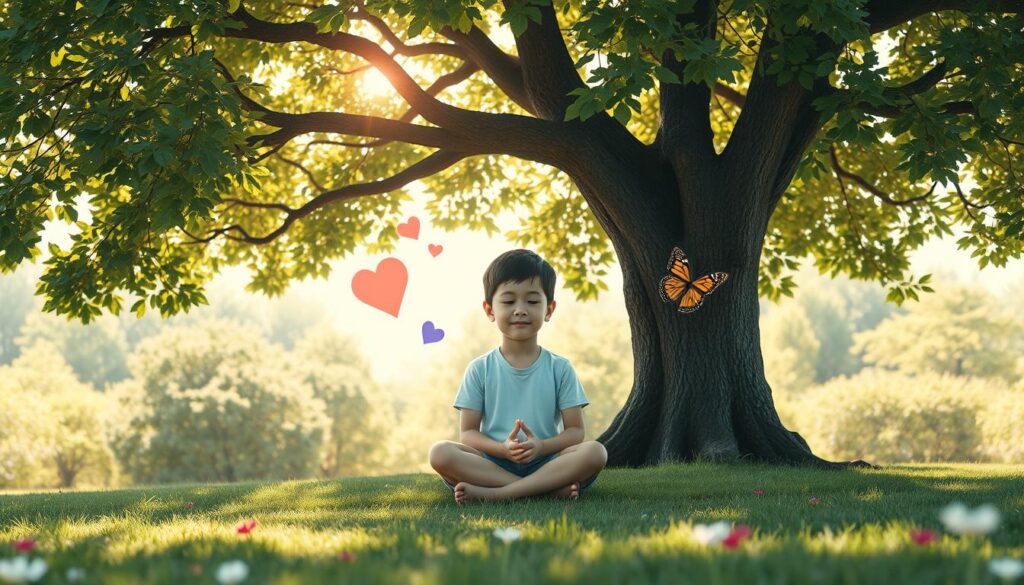
“Resilience is not about being bulletproof; it’s about bouncing back from the challenges we face.”
Fostering Empathy and Social Awareness
Children face many challenges at school. Learning to be empathetic and socially aware is key. These skills help them connect with others and build a kinder world.
Empathy lets us understand and share feelings with others. It’s important for getting along with friends. It also helps us see things from different points of view.
Strategies for Developing Empathy and Social Awareness
- Try perspective-taking exercises to see things from others’ eyes.
- Do role-playing activities to practice being kind and talking well.
- Read literature and media with diverse stories to talk about feelings and relationships.
- Work on collaborative projects to solve problems together.
Teaching empathy and social awareness helps kids deal with school better. It makes them more caring and smart. This leads to better grades and a happy life.
“Empathy is about finding echoes of another person in yourself.” – Mohsin Hamid

| Skill | Description | Importance |
|---|---|---|
| Empathy | The ability to understand and share the feelings of others. | Fosters compassion, improves communication, and strengthens relationships. |
| Social Awareness | The capacity to recognize and respond to the needs and emotions of those around us. | Promotes inclusive and collaborative environments, enhances social problem-solving skills. |
| Emotional Awareness | The understanding of one’s own and others’ emotions and their impact on behavior. | Supports self-regulation, improves interpersonal interactions, and boosts emotional intelligence. |
Navigating Social Challenges and Peer Pressure
Growing up is tough, with lots of social challenges. Kids face peer pressure, learning to solve conflicts, and setting boundaries. These are key parts of growing up.
Dealing with Conflict Resolution
Conflicts happen in social life. It’s important to learn how to solve them well. Teach kids to listen and find solutions that work for everyone.
Role-playing and showing good ways to solve conflicts helps a lot.
Understanding Social Boundaries
Knowing and respecting boundaries is key for good relationships. Teach kids what’s right and wrong. Let them know it’s okay to say no when needed.
Talk openly and solve problems together. This helps with boundary issues.
Building Self-Confidence
Boosting self-confidence helps kids deal with social issues. Celebrate their wins and let them try new things. A supportive place helps them learn from mistakes.
This way, they can stand up to peer pressure and make good choices.
“The greatest weapon against peer pressure is self-confidence.”
Dealing with social stuff is hard, but kids can learn to handle it. With the right skills, they can face social boundaries and conflict resolution challenges. This builds their self-confidence and helps them stay well.

Supporting Independence and Self-Discovery
As kids grow older, it’s key to help them become more independent. This time is perfect for them to find out who they are. They can start to like what they like and feel good about themselves.
Parents and teachers play a big role here. They need to guide but also let kids make their own choices. This helps kids learn to make decisions and solve problems by themselves.
It’s also important to let kids discover themselves. This means letting them try new things and follow their dreams. Whether it’s art, music, or sports, supporting their interests helps them feel confident and accepted.
By finding the right balance, we can help kids grow into independent and self-assured individuals. This sets them up for a happy and successful life.
Creating Positive Learning Environments for Social Growth
Teaching social skills to school kids needs a few steps. One key part is the learning place. Positive classrooms and fun social activities help a lot.
Classroom Social Dynamics
The classroom is like a small world. It’s a place where kids learn to get along and use social skills. Doing group work and fun activities together helps kids feel part of a group.
Structured Social Activities
- Team games and exercises help kids work together and talk better.
- Big school events like talent shows help kids meet and learn about different cultures.
- Mentor programs and peer support help kids find good role models and friends.
Parent-Teacher Collaboration
Parents and teachers working together is very important. They need to talk often and set goals together. This way, kids get the best help for their social skills.
Teachers and parents can make a big difference. They can create a positive classroom, offer chances for kids to meet, and help kids grow socially.
“The quality of a child’s social skills in school can have a profound impact on their academic performance, personal relationships, and overall well-being.”
The Role of Family in Social Skills Development
Family is key in helping kids develop social skills. The way a family works together and supports each other affects how well kids do in school and later on. By creating a positive family atmosphere and giving kids chances to meet others, parents help them grow their social support and social skills. These skills are important for kids’ childhood experiences.
One big way families help is by showing good social behavior. Kids learn by watching and copying what they see at home. When parents show how to talk well, solve problems, and care for others, kids learn how to do the same.
- Encouraging open and respectful dialogue within the family
- Demonstrating the ability to manage emotions and resolve conflicts
- Fostering a sense of togetherness and support
Families can also help by planning fun activities together. Playing games, going on trips, or just hanging out as a family gives kids practice in working with others. They learn how to share, take turns, and work together.
| Family Dynamics Factor | Impact on Social Skills Development |
|---|---|
| Parental Involvement | Higher levels of parental involvement and support are associated with enhanced social skills and better peer relationships in children. |
| Sibling Interactions | Positive interactions with siblings can help children develop empathy, conflict resolution, and cooperation skills. |
| Family Communication | Open and effective family communication promotes emotional expression, problem-solving, and social-emotional learning. |
By making their family a supportive and team-oriented place, parents help their kids grow. They help them develop social skills, emotional smarts, and overall happiness.
Addressing Social-Emotional Challenges and Concerns
Children face many social-emotional challenges in school. It’s important to spot these issues early. This helps them grow well and succeed.
Identifying Warning Signs
It’s key to watch for signs of trouble. Look out for:
- Hard time making friends
- Big mood swings
- Not wanting to join in
- Having trouble controlling feelings
- Feeling very scared or worried
Intervention Strategies
There are many ways to help when challenges come up. Some methods include:
- Teaching social skills in class
- Using special techniques to handle feelings
- Helping kids make friends through group activities
- Getting counseling to learn how to cope
- Working with teachers to make school a safe place
Professional Support Options
For bigger problems, getting help from experts is a good idea. This might mean:
- Talking to school counselors or social workers for a plan just for them
- Seeing child therapists or psychologists for extra help
- Working with occupational or speech therapists for specific skills
By spotting signs, using the right help, and getting professional advice, we can help kids beat social-emotional challenges. This way, they can grow and do well.
Measuring Progress in Social Skills Development
It’s important to check how well kids are doing in social skills. This helps find out what they’re good at and what they need help with. By using developmental guidelines for their age, teachers and parents can see how they’re growing. They can then help them in ways that fit their learning needs.
Tools like behavior checklists and observations from teachers and parents are very helpful. They show how well a child talks, gets along with others, handles feelings, and acts socially. These tools help see what skills they have now and what they might need to work on.
Keeping track of a child’s social growth is key. Progress reports, student portfolios, and setting goals help show how they’re doing. This way, teachers and families can make smart choices, celebrate achievements, and find the best ways to help them grow more.
FAQ
What are the key milestones in social-emotional growth for school-age children?
School-age children grow by learning to feel empathy and understand social cues. They also build friendships, learn to solve conflicts, and control their emotions.
How do social skills impact academic performance and future success?
Good social skills help kids do well in school. They learn to work together, share ideas, and handle classroom issues. These skills also help them succeed in life and work.
What are the core social skills necessary for school-age children to thrive?
Kids need to be empathetic, cooperative, and able to solve problems. They should also know themselves well and communicate well.
How can parents and educators help children develop effective communication skills?
Teach kids how to talk and listen well. Give them chances to share their thoughts and feelings. This helps them communicate better.
What strategies can help children build healthy peer relationships and friendships?
Encourage kids to play and talk with others. Teach them how to solve problems and share feelings. Help them stay positive with their friends.
How can children learn to manage emotional surges and develop coping strategies?
Teach kids to recognize and calm their feelings. Help them solve problems and be resilient. This way, they can handle tough times better.
What is the importance of fostering empathy and social awareness in school-age children?
Teaching kids to see things from others’ viewpoints is key. It helps them be kind and get along better. Use exercises and activities to help them understand others.
How can children navigate social challenges and resist negative peer pressure?
Teach kids how to solve problems and set boundaries. Help them feel confident. This way, they can make good choices and stand up for themselves.
What is the role of family in supporting children’s social skills development?
Families are very important. They show kids how to be social, offer chances to interact, and create a caring home. This helps kids grow socially and emotionally.
How can parents and educators identify and address social-emotional challenges in school-age children?
Look for signs like trouble with friends or controlling emotions. Use strategies to help and get help when needed. This supports kids in overcoming challenges.
